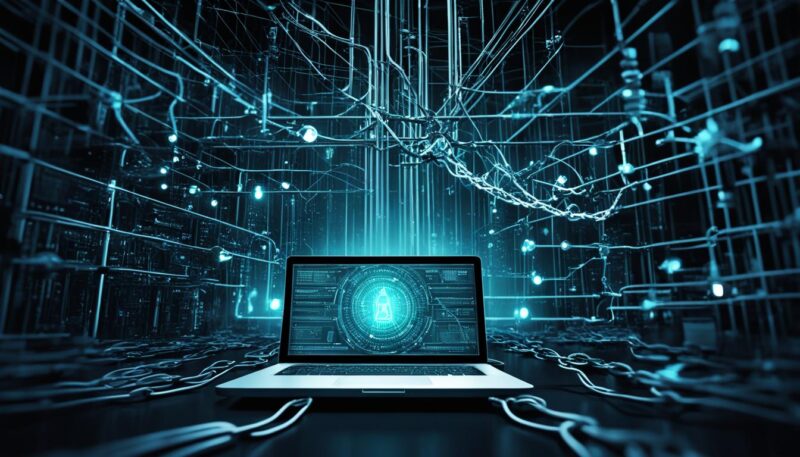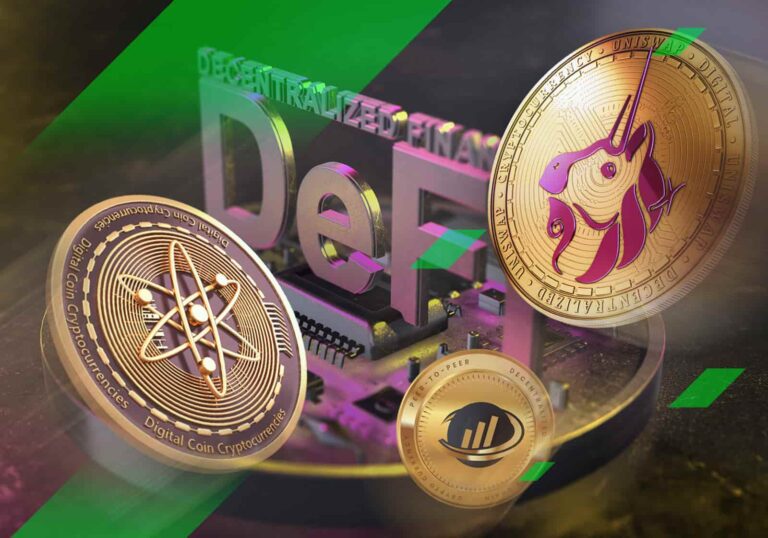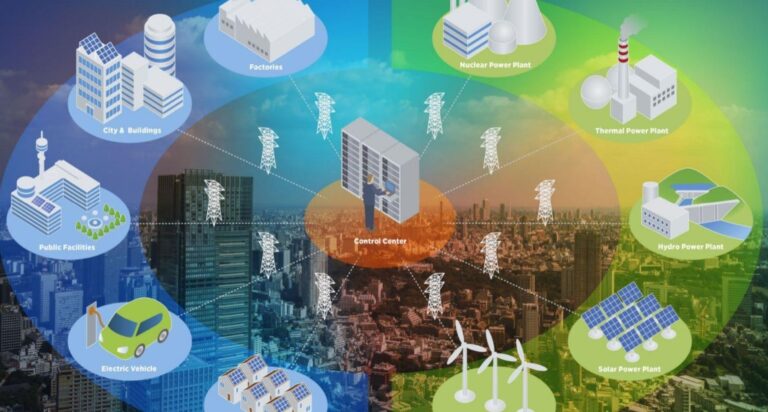Imagine waking up to the news that your personal data has been compromised in a cyber attack. It feels like a breach of trust, a blatant violation of your privacy, and a direct hit to your sense of security. This was the reality for nearly 500,000 customers of Con Edison, one of the largest energy companies in the United States, when they fell victim to a massive ConEd data breach. This ConEd security incident not only shook the faith in the institution but also shined a spotlight on the troubling vulnerabilities within our essential infrastructure.
The ConEd data breach serves as a stark reminder of the growing risks in the energy sector and the ever-present cyber threats targeting utilities. It’s not just about stolen data—it’s about the potential for widespread disruption and the underlying reasons behind the ConEd attack. This incident underscores the pressing need for enhanced cybersecurity in utilities and serves as a wake-up call for both the industry and consumers alike. So, what exactly happened, and why does it matter to every single one of us?
Key Takeaways
- The ConEd data breach affected nearly 500,000 customers and contractors, exposing personal information.
- This ConEd security incident highlights the vulnerabilities in our essential infrastructure, especially in the energy sector.
- Cybersecurity in utilities is of paramount importance to prevent such energy sector cyber threats.
- The reasons behind the ConEd attack point to the evolving tactics of cyber criminals targeting the energy sector.
- Both industry leaders and consumers need to stay vigilant and push for stronger security measures.
Details of the ConEd Cyber Attack
The ConEd cyber attack has stirred significant concerns within the energy sector, exposing vulnerabilities and sparking debates on protecting critical infrastructure. As the details unfolded, the severity of the attack became apparent, prompting a swift ConEd response to mitigate the damage.
Initial Discovery and Public Response
Initial reports surfaced when an anonymous individual on the dark web claimed to have breached a database containing sensitive information of Con Ed customers and contractors. This public disclosure led to a wave of anxiety among the affected parties and heightened media scrutiny. The lack of immediate clarifications from ConEd heightened public apprehension about the potential implications of the cyber attack.
Nature of the Attack
While the exact methods of the ConEd cyber attack remain under investigation, experts suggest a high possibility of advanced techniques such as malware, phishing, or a zero-day exploit being employed. The elusive nature of this cyber assault underlines its sophistication and the need for more robust strategies in protecting critical infrastructure.
Immediate Impacts on Services and Customers
The cyber attack impact was felt immediately, as customers experienced interruptions in billing services and delays in customer support. ConEd’s response included rapid deployment of internal IT teams and cybersecurity experts to diagnose and contain the breach. The wider implications of cyber attack were evident, emphasizing the urgency for enhanced security measures.
Implications for the Energy Sector and Cybersecurity
The Con Edison cyber attack exposed significant vulnerabilities within the energy sector, calling attention to the critical need for robust cybersecurity measures. Such incidents highlight the urgent necessity to re-evaluate existing security protocols and ensure the protection of sensitive information. The ConEd network breach serves as a powerful reminder of the threats faced by utilities and the potential consequences for consumers and infrastructure.

Data Breach and Personal Information Exposure
The ConEd network breach resulted in the exposure of personal information, raising serious concerns about the privacy and security of customer data within the energy sector. This breach prompts energy companies to implement more stringent cybersecurity measures to protect sensitive information and maintain user trust. The ConEd incident analysis reveals the need for ongoing vigilance and the adoption of robust security practices to prevent future breaches.
Risks to Critical Infrastructure
Cyber threats, demonstrated by the Con Edison attack, pose imminent risks to critical infrastructure. The potential for wide-ranging disruption to essential services underscores the need for heightened energy company security. The analysis of the attack reveals how vulnerable infrastructure can be exploited, leading to catastrophic consequences. To mitigate these risks, energy companies must prioritize and invest in comprehensive cybersecurity measures.
Lessons Learned and Best Practices for Future Prevention
The lessons from ConEd attack offer invaluable insights for enhancing security strategies across the energy sector. Effective cybersecurity measures include regular security audits, employee training, and the adoption of advanced threat detection systems. Implementing these best practices can help energy companies fortify their defenses and prevent similar breaches in the future. The ConEd incident analysis serves as a catalyst for continuous improvement in safeguarding critical assets and customer data.
Conclusion
The ConEd cyber attack has irrevocably underscored the necessity for robust cybersecurity strategies to safeguard vital infrastructure. This incident exposed numerous vulnerabilities within Con Edison’s systems, illustrating the dire consequences of inadequate data security practices. It calls for an urgent reevaluation of current measures and the implementation of more resilient, adaptive defenses.
In the wake of this attack, the importance of proactive cybersecurity cannot be overstated. Organizations must prioritize preemptive threat detection, robust response protocols, and the adoption of the latest security technologies. These steps are crucial to fortify digital infrastructure security against potential breaches.
Ensuring communication transparency with stakeholders during such crises is also paramount. Clear and timely communication can mitigate public concern and foster a culture of trust and accountability. Moreover, continuous employee training and meticulous security audits are essential to maintain a secure environment. The learnings from the ConEd incident highlight a pressing need for comprehensive data security practices that evolve with the ever-changing cybersecurity landscape.
Source Links
- https://www.safeaeon.com/security-blog/con-edison-cyber-attack/
- https://medium.com/@safeaeon-inc/understanding-the-impact-of-the-con-edison-cyber-attack-def36eff3de3
- https://www.upguard.com/security-report/conedison
Related Posts:
- Which Industries Are Most At Risk For Cyber Attacks?
- Cyber Insurance for Schools - Understanding the Essentials
- Why Your Enterprise Analytics Strategy Matters
- Male Body Image ─ Why It Matters More Than Ever
- VPLS vs MPLS: How They Are Different and Why You Need Both
- What Is Fault Tolerance and Why It Differs From High…








